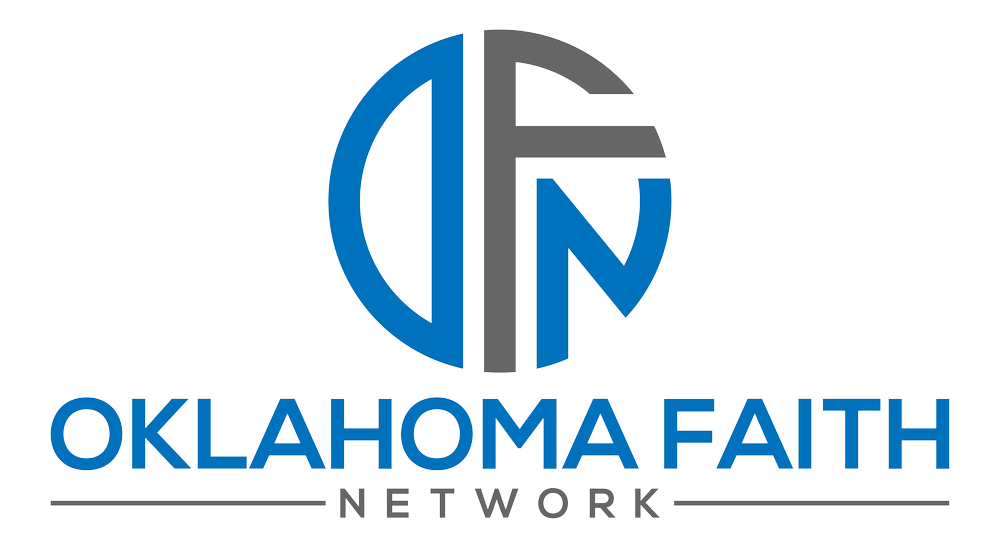Theological Statement on Poverty
What We Believe
The gospel stories depict Jesus repeatedly at the side of the outcast—the poor, lepers, women, tax collectors, prostitutes and foreigners—all those called “sinners.” The one miracle repeated through all four gospels is one of generosity and sharing—the feeding of the multitude—in which Jesus's response to the crowd’s need is to tell his disciples, “You give them something to eat” (Luke 9:13 NRSV). And while Jesus calls for all to repent, he stands with those on the fringes and those who are oppressed, particularly the ones oppressed economically. He reminds his followers that how they treat these people is the mark of their faith. “Truly I tell you, just as you did it to one of the least of these who are members of my family, you did it to me” (Matthew 25:40 NRSV).
While the call for us to be compassionate is an individual one, the call for justice as echoed by the prophets requires the mechanism of government. The view that nations, as well as individuals, will be judged by the way they treat the weakest and most vulnerable among them is deeply embedded in our religious tradition.
Why We Believe It
According to the U.S. Census Bureau, Oklahoma's poverty rate of 16.6 percent is well above the national average of 15.5 percent. To be considered poor by federal standards, a family of four would have to have an income at or below $24,000 in 2014. The poverty rate for children in the state is far worse. About one in five Oklahoma children live in poverty. Despite lower unemployment rates than the nation as a whole, Oklahomans still experience higher poverty rates because too many jobs do not pay a living wage. Government programs like Unemployment Insurance and SNAP (formerly known as Food Stamps) help keep families out of poverty. After four years of high usage of the SNAP program, the number of unduplicated individuals dropped in FY15 by about 3% from FY14 to 867,968. While the Affordable Care Act requirements led to a drop in Oklahoma’s uninsured rate from 17.7% in 2013 to 15.4% in 2014, that still left about 580,000 Oklahomans without health insurance. States that accepted federal funds to expand health insurance saw their uninsured rate drop to under 10%.[1]
What We Advocate
While The Oklahoma Faith Network acknowledges that personal decisions and behavioral patterns play a role in keeping people gripped by poverty, we do not hold the poor morally responsible for their circumstances. Furthermore, we recognize that economic structures and practices create systemic poverty. As a communion of Christians, we realize that we are called to respond to the needs of the poor by the giving of our own resources to help others, and by advocating for justice, speaking out for policies which help to provide support and protection for the “least of these.” Therefore we support such policies as:
Adequate social security programs
Quality public education
Affordable, quality housing
Job training and support with meaningful employment opportunities
Affordable health care
Living wages
Equitable taxation
[1] Oklahoma Policy Institute

